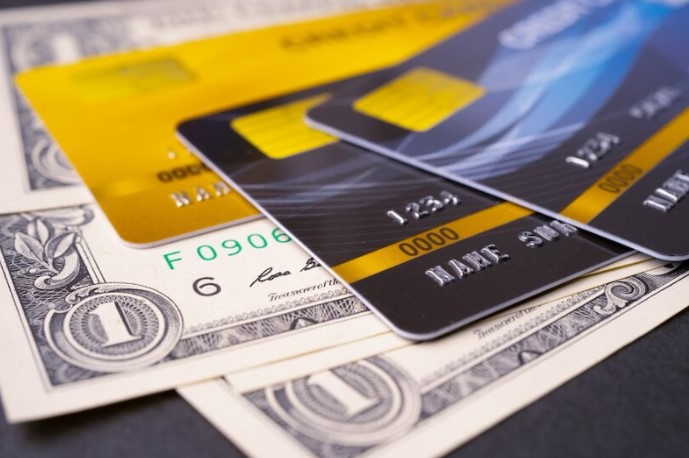When you take out a car loan, there are usually a number of fees associated with it. One of the most common is the finance charge, which is what you pay every month to use the money you borrowed. While finance charges vary from lender to lender, they all tend to have one thing in common: they’re high. And while they may not seem like much, they can really rack up over time. In this article, we’ll show you how to calculate your finance charge and find the best deal for a car loan. We also include tips for avoiding finance charges altogether by understanding your loan terms and APR.
what is finance charge on car loan
What is finance charge on car loan? The finance charge on a car loan is a percentage of the total amount borrowed. The finance charge is calculated as a percentage of the outstanding balance on the car loan, not the purchase price. For example, if you borrow $20,000 and owe $21,000 after taxes and fees are paid, your finance charge would be 9%.
What is a finance charge?
A finance charge is a fee charged by a lender for borrowing money. The interest rate and the amount of the finance charge both affect the cost of the loan.
How finance charges work
Finance charges are a fee that banks and other lenders charge for borrowing money. These charges can add up quickly, and they’re one of the most common reasons people get into debt. Here’s how finance charges work: You deposit money with your lender as collateral for a car loan. The lender then loans you the money, plus interest. The interest is what you’ll pay every month on top of the principle amount of the loan. For example, if you borrow $10,000 and agree to pay 12% interest per year, your monthly payment would be $1,200. Your lender will also charge you a finance charge on top of that. This is usually 1% to 3%. So your total cost could be as high as $1224 per year in interest and finance charges!
When finance charges are applied
When finance charges are applied, the interest rate on a car loan is determined by the amount of finance that has been applied. This can include anything from an interest free period to a fixed rate. The APR (annual percentage rate) will be based off of this amount and the term of the loan.
When it comes to finance charges, some lenders will include them as part of the overall price of the car while others may charge extra for them separately. It’s important to be aware of what you’re getting into before signing on the dotted line, as finance charges can add up quickly and can significantly increase the cost of your car loan.
Conclusion
The finance charge on a car loan condition can vary depending on the lender, but it is generally a percentage of the total amount borrowed. It’s important to understand what this charge means and how it affects your monthly payment. This information is typically included in the terms and conditions of your car loan document, so be sure to look for it before signing anything.











